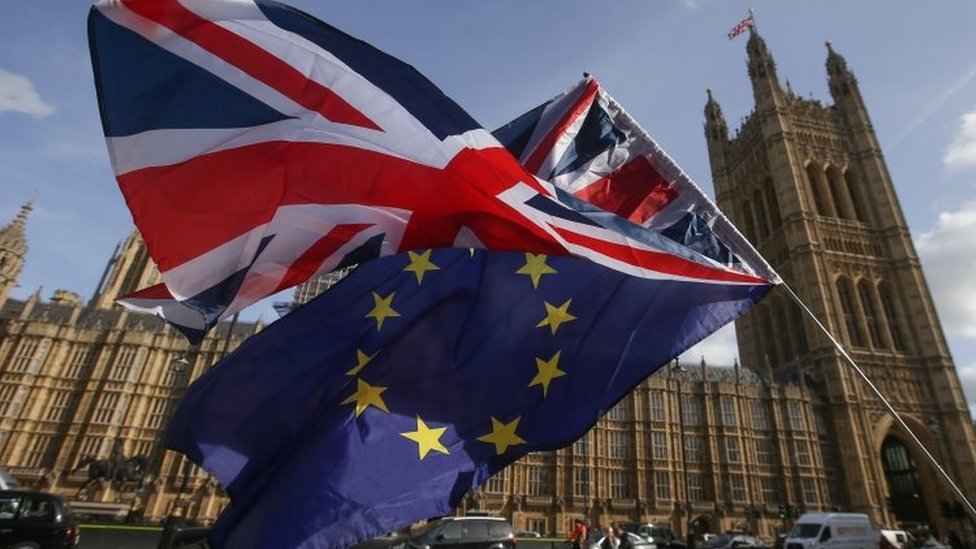As the end of the Brexit transition period approaches, it has been announced that UK citizens will be unable to travel to EU states from 1st January 2021 as a result of coronavirus restrictions.
1. Impacts of Brexit on travel restrictions
At the moment the UK is included in rules allowing travel within the bloc during the pandemic, however once the transition period ends the UK will become a third country and will therefore be subject to coronavirus restrictions on non-essential travel, as other third countries are. It will join the system where access is decided by the severity of a country’s coronavirus outbreak, as well as reciprocity. EU officials confirmed that these rules are being applied to the UK because it is leaving the EU’s structures in December.
Brits facing EU travel ban from January as Covid rules kick in post-Brexithttps://t.co/HuKhGXeWd7 pic.twitter.com/C6plDAelJw
— The Week UK (@TheWeekUK) December 10, 2020
2. Will the UK be added to the ‘safe’ list?
There are currently just eight countries included on the EU’s list of ‘safe’ third nations, and although the ‘safe’ list is due for review the week commencing 14th December, it is believed there are currently no proposals to add the UK. If a proposal were to be made, the country would also have to meet technical criteria in order to be included. Additionally, not all EU member states allow travellers in from every country on the ‘safe’ list, and currently just 12 out of the 27 member states apply the list in full.
3. Will there be exceptions?
There will be a few exceptions to the rule. For example UK citizens with EU residence permits, or those who have family members who are EU citizens, will be allowed to travel to and from EU member states. Additionally, UK citizens travelling for reasons classed as ‘essential’, such as healthcare workers, frontier staff, seasonal agricultural workers, transport personnel, diplomats, humanitarian aid workers, seafarers and passengers in transit will still be allowed entry. Trips for ‘imperative family reasons’, study, humanitarian protection or for highly-qualified individuals doing work which cannot be postponed or performed outside the EU will also be possible.












